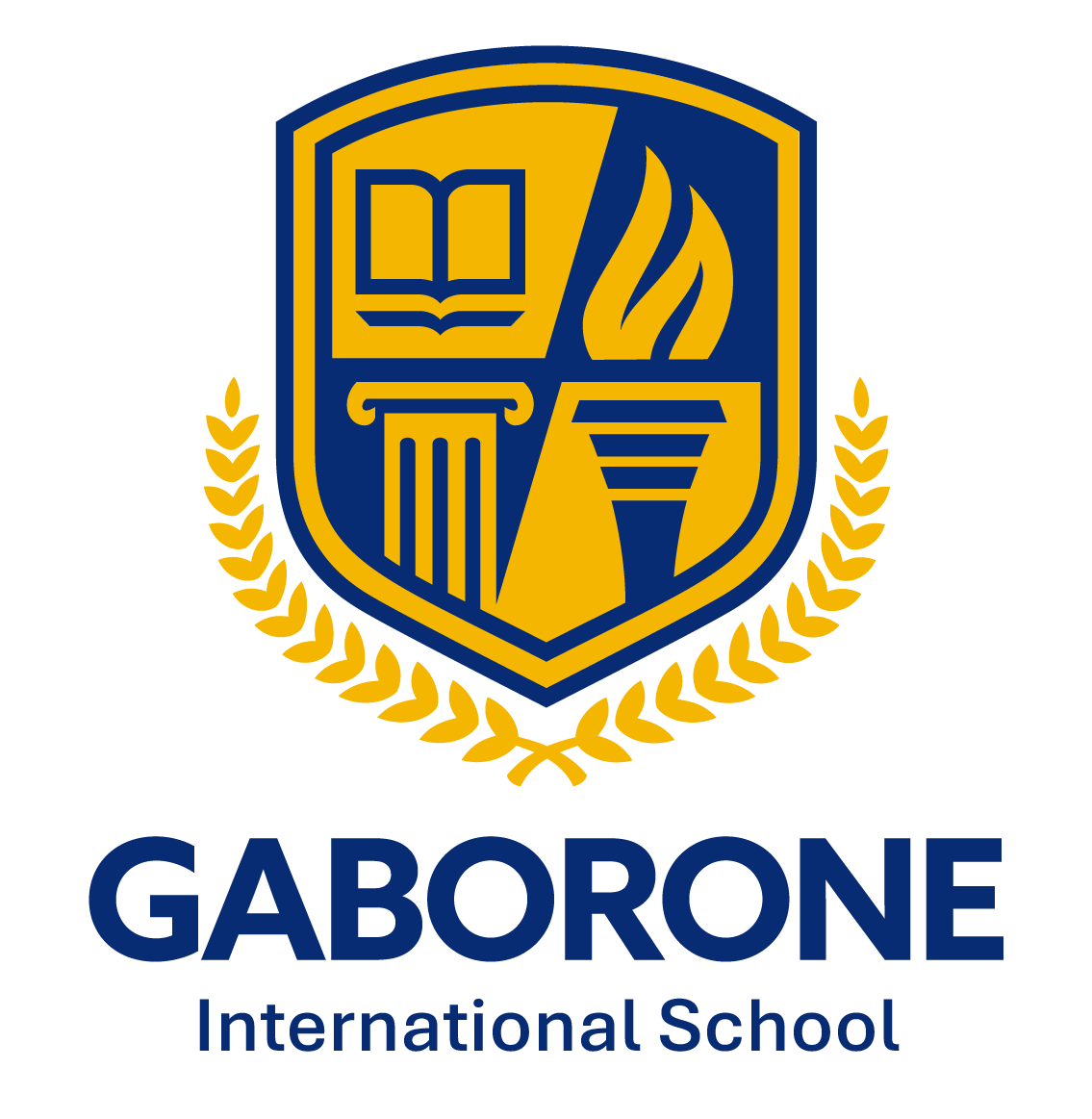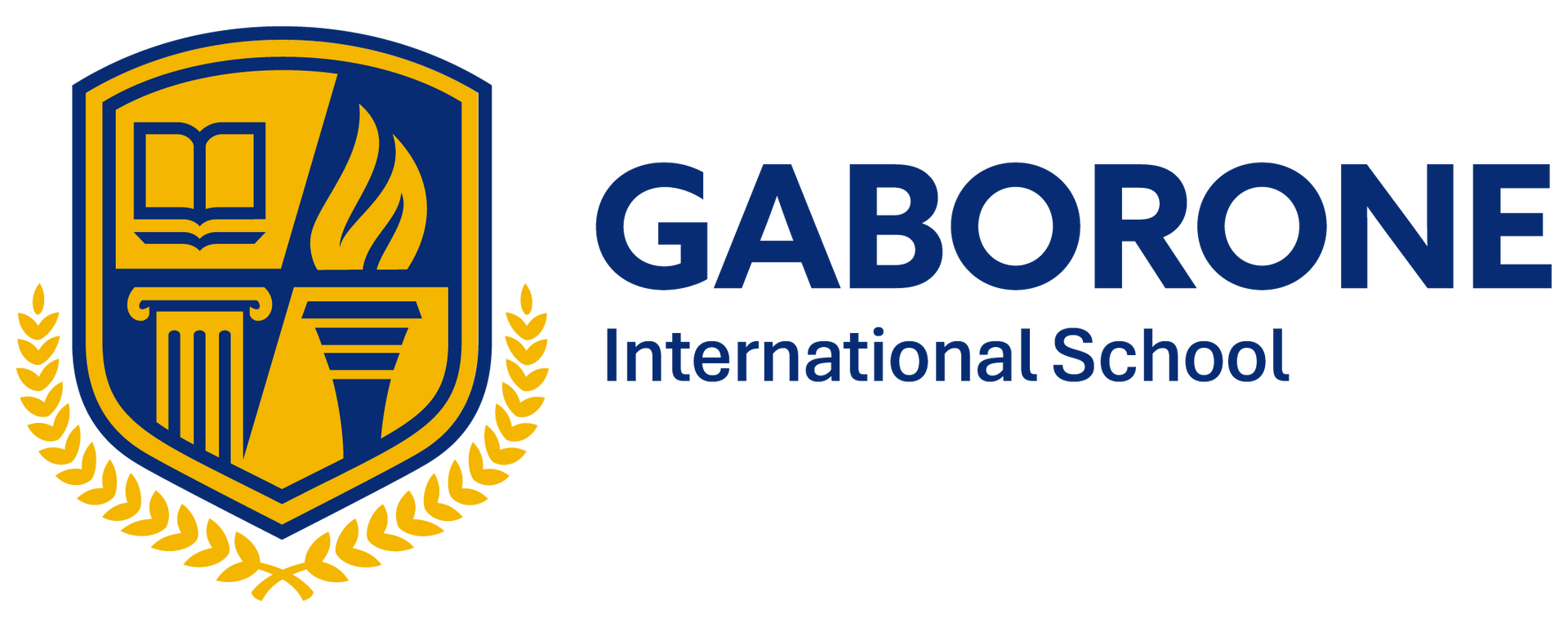GIS to upgrade its facilities!
New school, new roads!
Following its acquisition in December 2014, the ADvTECH Group, a South African listed company, and Africa's largest education provider with over 100 schools, including GABORONE INTERNATIONAL SCHOOL, plans to modernize the school's buildings and the road leading to it.
The GIS meets the standards of ADvTECH as the fastest-growing school in the ADVTECH group, and renovations are required to make it a world-class school. There have been several developments in terms of the curriculum and educating teachers for the new curriculum since the acquisition. There have also been many modifications in terms of classrooms and the two subjects that were included.
The school, which encompasses creche to senior learning, plans to construct a state-of-the-art facility with science labs to supplement science and mathematics classes. High-tech equipment, such as 3D printers and laser cutters, will be available in the technology laboratories, allowing students to put theory into practice and promote coding from an early age.
The GIS is not a Science and Mathematics-based school; nevertheless, it will be updated to the highest standard soon to meet the needs of a knowledge-based economy. As a major component for the pupils, the playing field will be improved for sports amenities. The entire third level will be used as an outdoor dining area for pupils.
One of the phase one projects, the road leading into the school, will be a significant milestone. The GIS is located in Block 8 (Gaborone) and connects to the city via the Kubu road, which is one of the roads that experiences traffic congestion all day. As a result, the decision was made to extend the road to include fast lanes and improve access to the school.
This will benefit not only the school community but also the surrounding community in Block 8. Residents in Ladumandumane, Block 7, Block 8, and Block 10 can access the Western Bypass Highway via this route. The Western Bypass Highway upgrade has already begun by the Botswana government.
During an interview with the Botswana Gazette, our Executive Head, Mr Gerald Hilton, wished to reassure the parents that the upgrade/investment will not be given to the parents in terms of fees. The Group has invested heavily into this.
As the new normal of COVID-19 compliance and norms will be put to the forefront, the most crucial component is health and safety, as there will be constructed over the next year to ensure safety during the upgrade.
Read More: https://www.thegazette.news/e-edition/Gazette22December2021.pdf.




